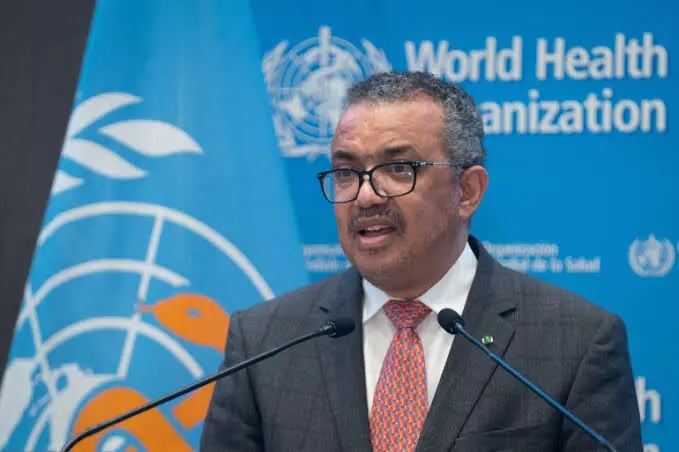
WHO warns of vaccine inequality issues amidst booster vaccine frenzy
text_fieldsWHO chief Tedros Adhanom Ghebreyesus has warned that blanket booster dose regimes could potentially widen 'vaccine inequality' by diverting vaccine supplies from poorer nations to richer nations, thus prolonging the Covid-19 pandemic by allowing the virus to spread in these poorer nations.
"No country can boost its way out of the pandemic," said the WHO director-general during a press conference on Thursday.
"In the context of ongoing global vaccine supply constraints and inequities, broad-based administration of booster doses risks exacerbating vaccine access by driving up demand in countries with substantial vaccine coverage and diverting supply while priority populations in some countries, or in subnational settings, have not yet received a primary vaccination series."
The WHO's Strategic Advisory Group of Experts (SAGE) on Immunisation said Wednesday that at least 126 countries around the world have already issued recommendations on boosters or additional vaccine doses, and 120 had started implementing those programmes.
Ghabreyesus noted that the efficiency of booster vaccines or early doses were not in question, only the supply of them. He had also earlier warned of the rapid spread of the Omicron variant of Covid-19 which has become the primary variant of concern in the USA and UK.
An official WHO review statement on the booster vaccine situation has specified that late 2022 will be the only time when sufficient vaccines have been manufactured and in supply for countries to vaccinate with boosters without fear of being left behind.
The statement also specifies "hurdles in access and distribution" which have worsened vaccine inequality. The solution is "high coverage" and "commitment to global vaccine goals and targets" while assisting countries in need the health body said.
In its interim statement about Covid-19 booster doses, issued on December 22, the WHO made it clear that the focus of immunisation efforts must remain on decreasing death and severe disease, and the protection of the healthcare system. This is especially important in light of the emergence of the Omicron variant of the coronavirus, which is said to be highly infectious and capable of undergoing frequent mutations.























